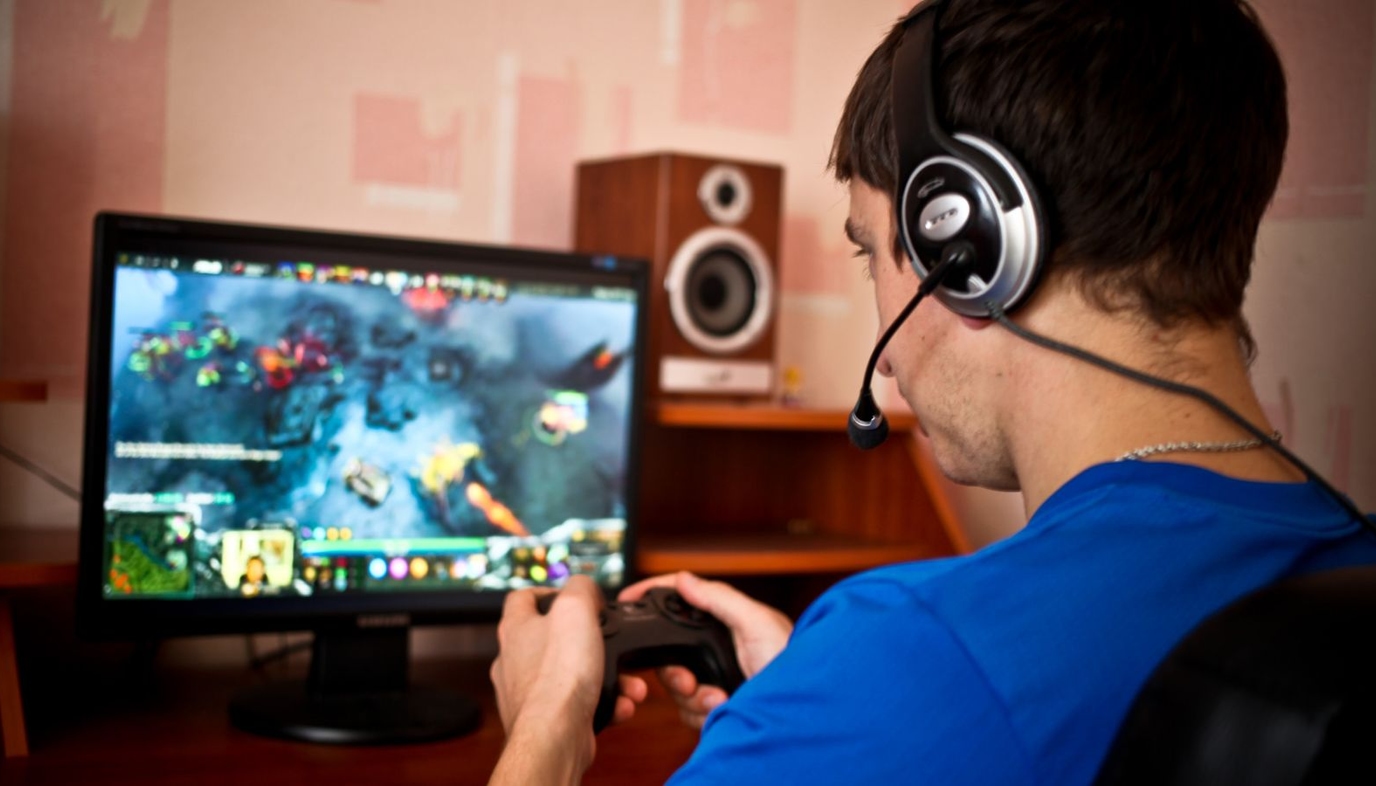
When you try to talk with your teen, does it seem that he is distracted by video games instead of engaging in one-on-one conversation? If this scenario seems all-too-familiar, then maybe it’s time to find out whether your son or daughter is becoming overly dependent on video games.
Here Are Some Signs to Look For:
Neglecting other interests or responsibilities - Do you find that your teen is ditching his or her chores and even ignoring hobbies that were former favorites? If your teen is spending nearly every waking hour playing video games and is insistent on it, then it may be overuse.
Setting healthy guidelines can give your teen the time for both play and schoolwork (and other responsibilities). You can work together with your youngster to figure out a balanced daily routine—with a portion spent on other kinds of play, such as regular exercise and outdoor activities.

“Forgetting” to do homework - Do you often get notes on your teen’s school progress report stating, “Homework not turned in” or something similar? This may be a sign that your kid’s academics need some monitoring. Could excess video gaming be the culprit? Have you set boundaries when it comes to dividing up video time and homework time? You may want to give your teen a sense of being responsible for his or her time, but it is also important to teach time-management skills. It would be a shame if your teen doesn't learn those skills and, as a result, falls behind in schoolwork.
Easily distracted, unable to control themselves - Does your teen have a nearly uncontrollable impulse to play video games? Is he or she easily distracted and unable to explore other interests? It may be time to encourage more variety to help your teen maintain control over his or her life. Once you bring it to his attention, an intelligent teen might be able to recognize his irrepressible urge to play video games. One concerned parent put her son's video game console in her car trunk and kept it all day – so that her teen had no choice but to focus on schoolwork or other responsibilities. (Teens typically need and want structure, even if they won’t admit it to the parent.)
How Did the Overuse of Video Games Start?
Maybe you just wanted to keep your teen busy so you could have some peace at home? Well, maybe those periods of peace became more numerous and extended than you intended. Those fleeting moments of calm for you may have come at a higher cost to your teen. It's not too late to correct the problem, and you’re not alone.

It turns out that some U.S. agencies studying child development estimate that as many as 10 percent of all children who play video games are overusing them. In a study of 3,000 children who used video games, Dr. Douglas Gentile of Iowa State University – Ames, found that about 9 percent of the participants were “pathologically addicted to gaming.”
According to Dr. Gentile, a lot of video gaming isn't the same as an addiction. He has found that some kids can play a lot without it having an effect on their lives. However, some children who play a lot of video games begin to neglect other areas of their lives, and this is when video games may be an addiction. Video game addiction is not a medically recognized disorder such as gambling addiction.
Depressed kids tend to play video games obsessively (more than 30 hours each week while avoiding other activities). While excessive video gaming can increase depression, it is not generally believed to be a cause of depression.
Is Overuse Bad? Why Are Teens Drawn to Video Games?
When asked why they are so attracted to video games, here’s what some teens said:
“Video games – that’s where great art happens.”
“They [video games] have been used in mental and physical therapy.”
Many researchers concur that there are cognitive and dexterity skills young people can gain from playing video games. One such advocate is Peter Gray, Ph.D., a research professor at Boston College. Dr. Gray has argued that while detractors believe video gaming can be isolating, he believes video games generally draw young people together and help them learn to get along with one another. Far from being cognitively stultifying, video games--especially the newer, online multiplayer games--are extraordinarily challenging to players' mental powers.
“If we were to define every activity that activates the brain's ‘pleasure centers’ as addictive, and therefore to be curtailed, we would have to curtail everything that's fun,” says Dr. Gray.
You will have to observe your own children and decide if the extent of their video gaming is at an acceptable level or if it has become problematic.
